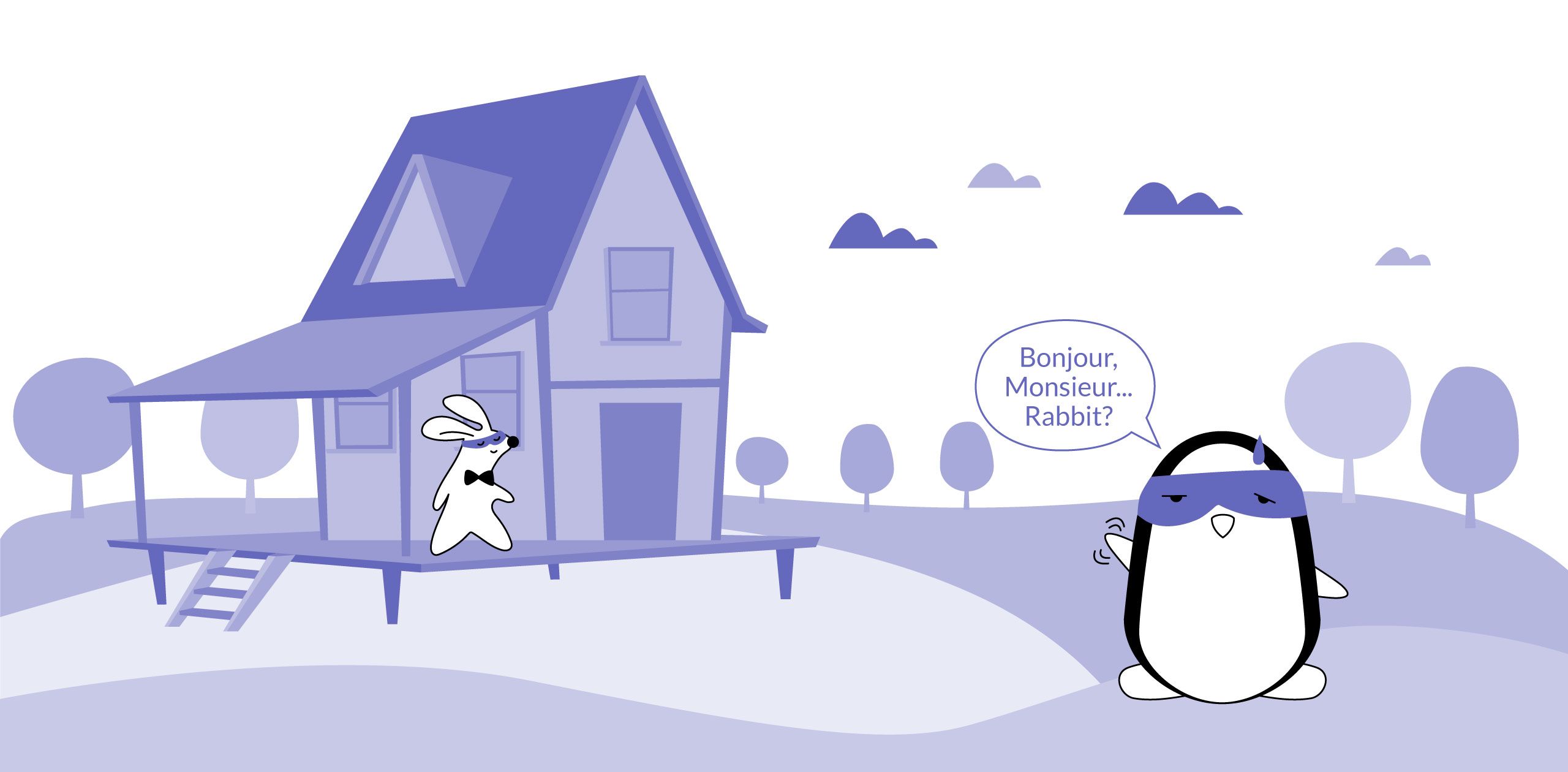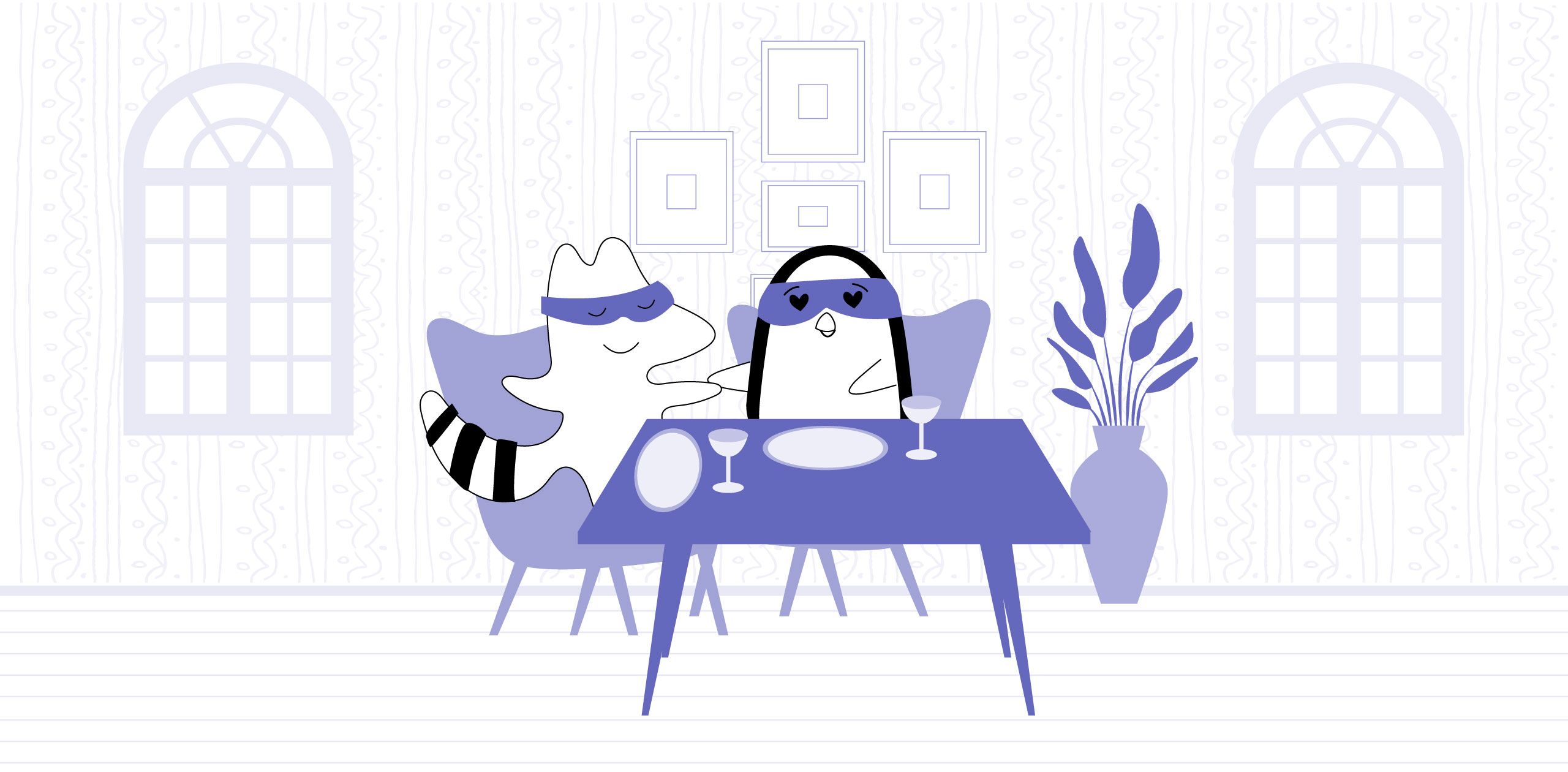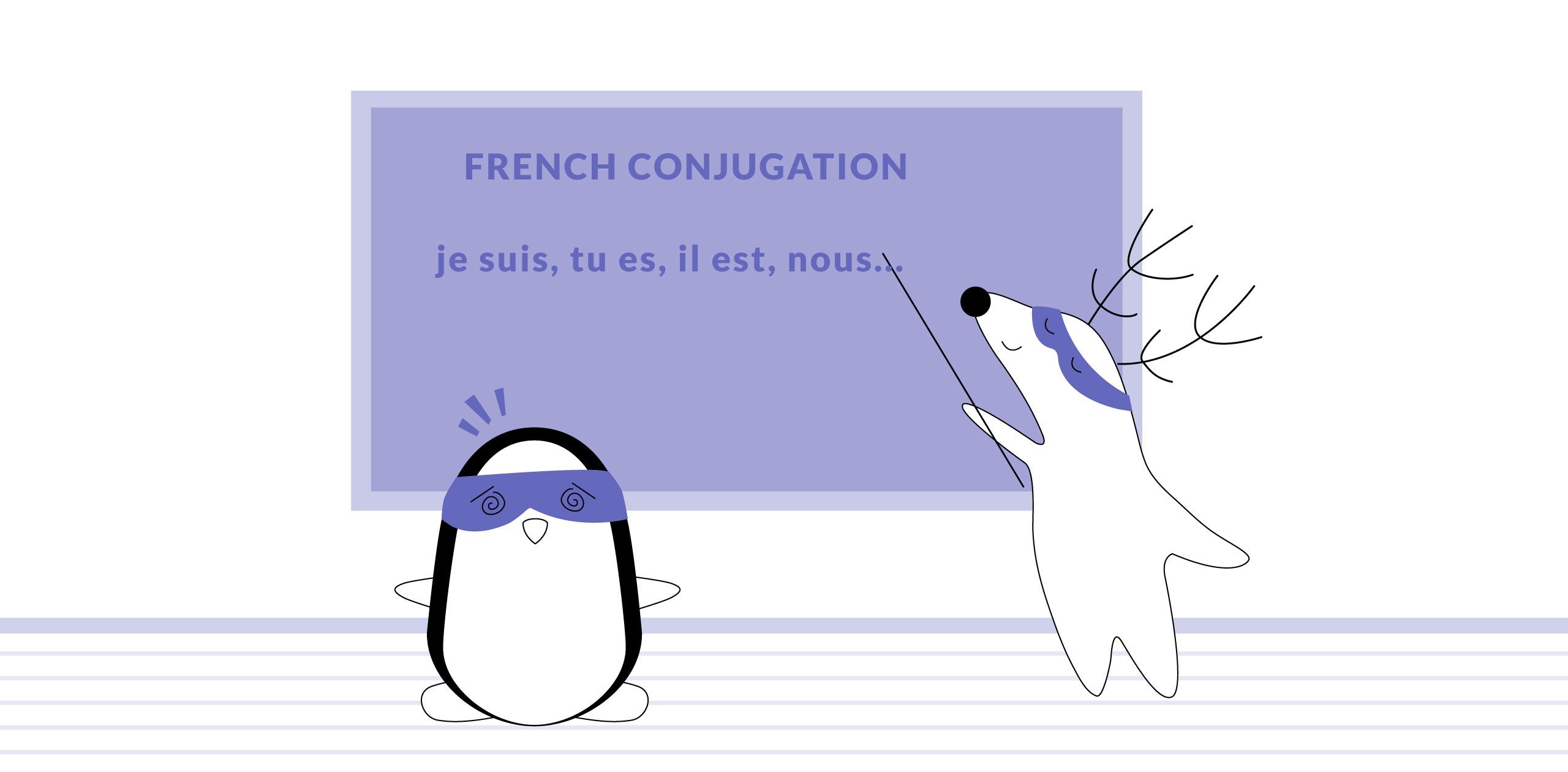
If you’re an English native learning French, then you probably know how painful learning the conjugations can be. After all, in English, the conjugation rules are much simpler and you don’t have to learn so many verb modifications by heart.
Even the present tense of the indicative mood can be challenging; there are eight tenses and four moods in the French language, which means numerous new verb forms and tons of conjugation rules. No wonder that many beginning learners find it extremely difficult to break through the conjugations in French. That’s not a reason to give up, though.
Yes, mastering French verb conjugation can be a very challenging part of French grammar. However, if you create a system that will help your brain memorize all the different endings, your life will become so much easier. And we’re here to aid you in that.
Let’s take a look at the basics of French conjugation together - it doesn’t have to be as hard as it seems.
Verb Tenses vs. Verb Moods vs. Voices
As we have mentioned before, there are several verb tenses and verb moods in French. And while many beginning French learners use them together - for example, when comparing passé simple and subjonctif - they are not the same.
Verb tenses are used to identify the time period when the action happened - for example, in the past, in the present, or in the future. These are three main verb tenses in French (the same as in English), but there are also several variations of them - for example, passé anterior or plus-que-parfait.
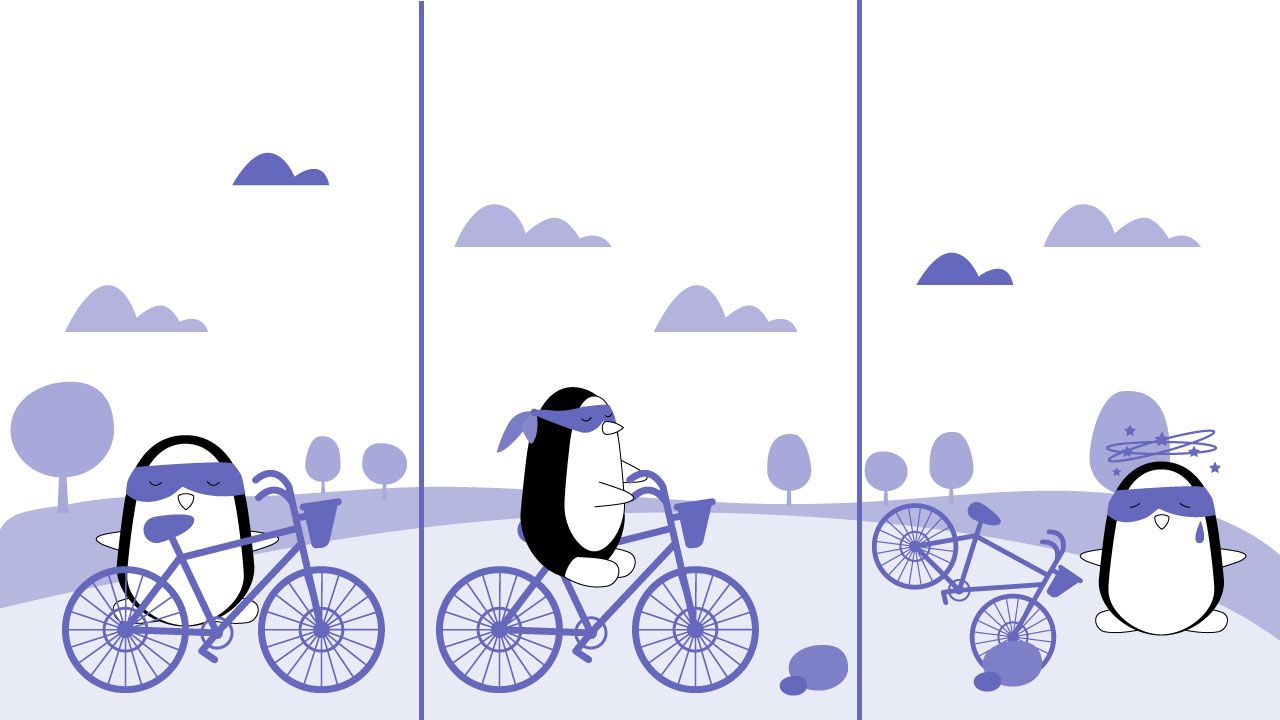
On the other hand, verb moods can exist in different tenses - for example, the subjunctive mood that is used to identify possibilities. However, verbs in both tenses and moods have very similar ways of being conjugated - they use a certain root of the verb and the ending appropriate for that mood or tense.
There are four verbal moods in French: indicative, subjunctive, conditional and imperative.
Different moods have a different number of tenses. In the indicative mood, eight tenses are used, in the subjunctive mood - four, and in the conditional - three. All in all, we have 15 tenses in French that are all used with different endings.
Don’t get scared, though. Today, we’ll start with the main eight French indicative tenses - and then, later on, we’ll cover the remaining moods.
The Voices
Just like in English, in French, there are also two voices - active and passive. Active is used when the subject does the object, for example, “I wash the car,” while the passive voice is focused on the object or process that is being done - for example, “the car is washed by me.”
The voices shouldn’t worry you at all, however. Today, we’ll cover the conjugation of the French verbs in the active voice - and to create the same sentence in the passive voice, all you’ll have to do will be to put them into the past participle and add an auxiliary verve être at the beginning. To learn more about this topic, visit our Grammar page.
Verb Groups in French
There are three groups of French verbs based on spelling. The first includes all the French verbs ending in -er, the second one has all the verbs ending in -ir, and the third one includes all the verbs ending in -re.
Verbs in each group are conjugated in different tenses based on certain rules that apply to them. This is why if you learn which group the verb belongs to when you come across it, it will be easier for you to conjugate it - at least if it's a regular French verb.
However, be aware that there are many irregular verbs in French that belong to one of the three groups but are conjugated in a different way. All you can do about those French verbs is memorize how they are conjugated.
I Group - Er Verbs
The first group that consists of the verbs that end in -er is the most regular - and you probably won’t have any problems dealing with the French verbs from this group.
Some of the most common verbs here are parler (to speak), manger (to eat), or aimer (to love.)
II Group - Ir Verbs
Unlike the first group, the second and the third groups can be very messy, as they include many irregular verbs. However, dealing with the second group is still a little easier than with the third, as it has pretty straightforward conjugation rules.
Here, you will find verbs like choisir (to choose), finir (to finish), and dormir (to sleep).
III Group - Re Verbs
Finally, we have the third group. This is the messiest of them all, but don’t worry - we’ll manage it together. It includes verbs with very different endings (and not just -re) following an irregular conjugation.
In this group, you will find common irregular verbs like construire (to build), découvrir (to discover), and connaître (to know).
Verb Conjugation in French
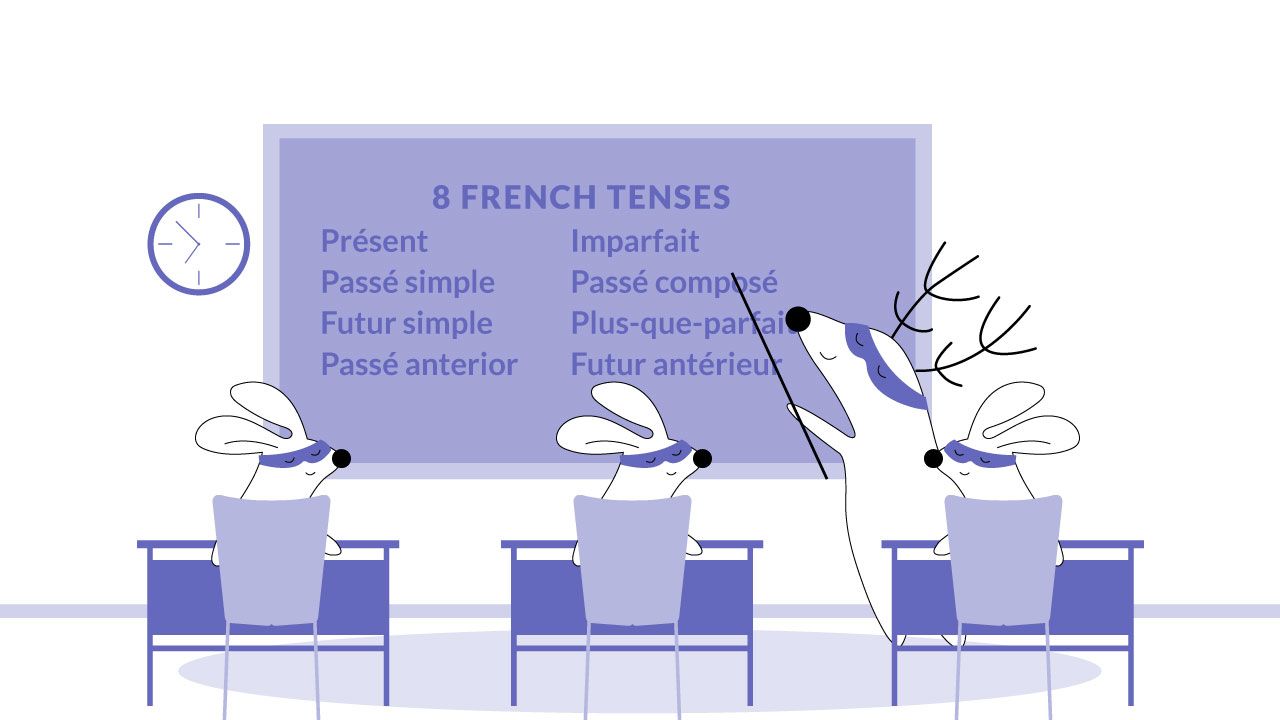
Of course, there are many irregular French verbs. However, you will learn them along the way while mastering the rules of conjugating regular verbs.
Don’t worry - even though there are quite a few of them, there’s a pretty simple system. For each tense, you will have to take the stem of the verb - sometimes in its present tense, sometimes in another (for example, imparfait) in a certain person - it can be infinitive, first person plural, third person plural, etc. - and add a necessary ending.
As you will learn more about French tenses, you will also learn more about their conjugation rules. Write them down as soon as you come across them - trust us, this will make your life much easier.
However, to have a basic understanding of how French verb conjugations work in different tenses, we’ve prepared this short guide. For longer explanations, go to our grammar page and find all the verb endings for each group there.
Présent
The present indicative tense (or simple present) is probably the easiest of them all. To create it, all you need is to take the stem of the infinitive and add a simple ending depending on the group of the verb. For irregular verbs of course, the endings will be different.
For example:
Native
Translation
Je mange du chocolat.
I eat chocolate. (I group, -er verbs).
Tu finis tes devoirs.
You are finishing your homework. (II group, -ir verbs).
Nous sommes fatigués.
We are tired (III group, irregular verb).
Also note that in French, there isn’t a difference between present continuous and present simple - you simply use présent for all the actions in the present indicative tense.
Imparfait
Imparfait is a little more complicated - it’s used to describe what was going on around you in the past or what you used to do. You will also put verbs into imparfait when talking about physical conditions, feelings, attitudes, time, weather, and the date.
To conjugate a verb in the imparfait tense, you take the present-tense stem of the first person singular and add the necessary endings. For example:
Native
Translation
J’aimais du chocolat.
I used to like chocolate.
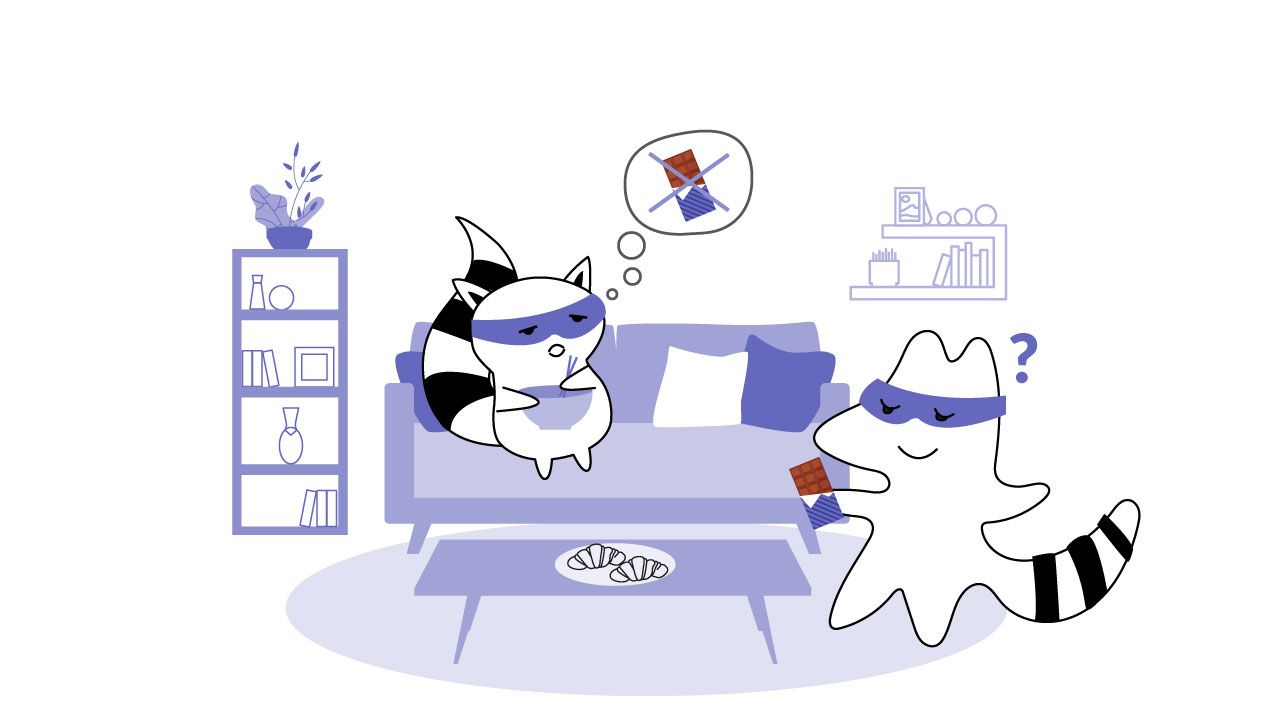
Passé simple
This is the simple past tense, but it’s rarely used in spoken French. You’re more likely to see it in books - this tense is commonly used in professional writing. However, it’s also pretty complicated because the endings differ a lot from the other tenses and you have to learn them by heart.
Native
Translation
Il parla au roi.
He talked to the king.
Passé composé
This tense is similar to the English past simple - and it’s used to talk about past events that started and finished at a particular time in the past. It can be a little tricky though, as to create it, you need to put your verb into a past participle and add a conjugated version of the auxiliary verb (avoir or être) in the present tense.
Native
Translation
J’ai mangé du chocolat hier.
I ate chocolate yesterday.
Futur simple
This tense is used to talk about future events - same as the English “someone will do something.” To create it, you simply take the infinitive of the word and add the necessary endings.
Native
Translation
Je l'appellerai demain.
I will call him tomorrow.
Plus-que-parfait
Plus-que-parfait corresponds with the English past perfect tense and is used to talk about an action that occurred before another action in the past. It’s often used together with another past tense (imparfait, passé composé, or passé simple).
To conjugate a French verb in this tense, we take its past participle and then add the auxiliary verb avoir or être in its imperfect form.
Native
Translation
Elle avait beaucoup pratiqué avant de commencer à bien conduire.
She had practiced a lot before she started driving well.
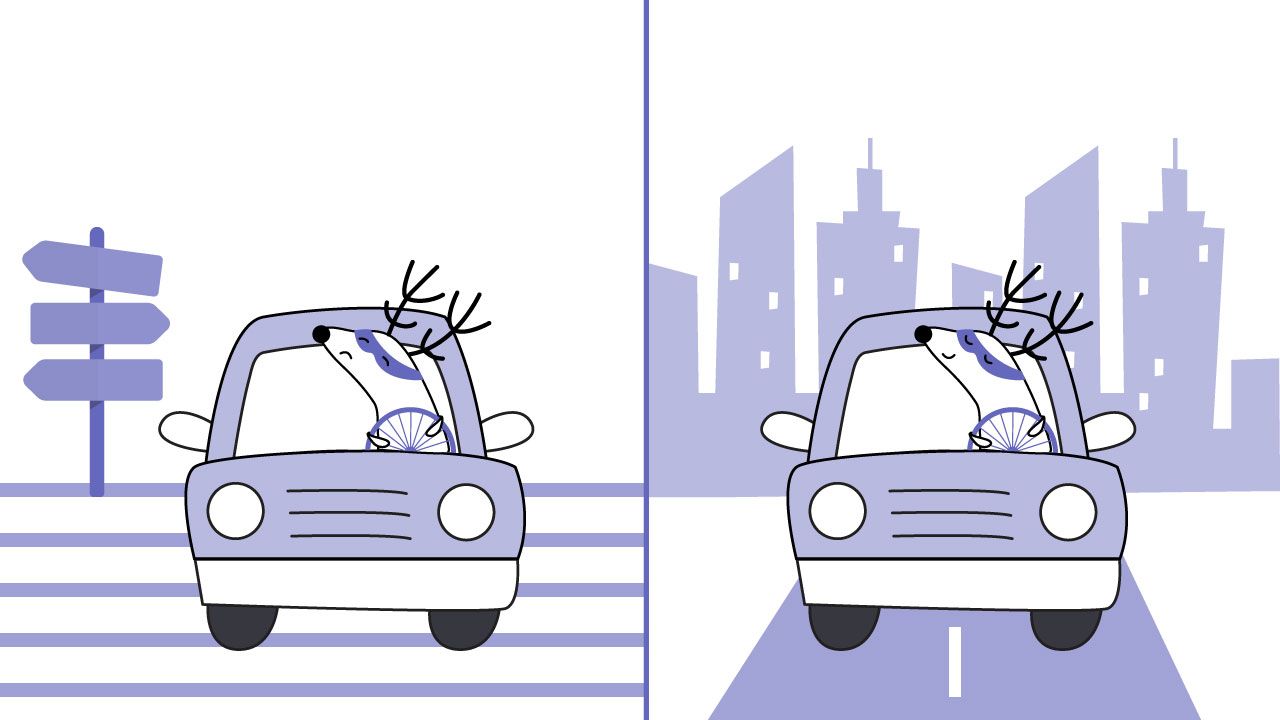
Passé anterior
Just like passé simple, passé antérieur is rarely used in spoken French - you’re more likely to encounter it in literary texts. Like plus-que-parfait, it indicates an action that occurred before another action in the past - however, it’s used along with passé simple.
To conjugate a French verb in this tense, you take its past participle and add an auxiliary verb in the passé simple.
Native
Translation
Lorsqu’elle eut vu l'homme, elle tomba amoureuse.
As soon as she saw him, she fell in love.
Futur antérieur
This last present indicative tense corresponds with the English future perfect tense - as you might have guessed, is used to talk about a future action that will have happened by a certain time in the future.
You can conjugate a verb in this tense similarly to passé antérieur - you just put the auxiliary verb in the futur simple form and add a past participle.
Native
Translation
D'ici là, ils se seront mariés.
By then, they will have married.
Final Thoughts
That is true: the main problem with the French verbs is their conjugations. However, while they can be very complicated, you can still master them. There’s a strong system behind the conjugation of the French verbs - and if you understand it and memorize the endings, you shouldn’t experience any problems.
We understand that there’s a lot of information and it can be challenging to learn it all by heart. The best way to deal with French conjugation is practice - for example, in the Langster app.
As you read more in French and listen to the stories read out loud by native French speakers, you learn more about the way French verbs are conjugated. This information stays in your brain for a long time (if not forever) - and it will be much easier for you to use it. Moreover, thanks to engaging stories, you can learn French in a fun way.
Even if you don’t want to give our app a try, try practicing French verb conjugation more. Write them down, make flashcards, maybe write short essays in French - and you will see how much easier it gets for you to master this topic.








